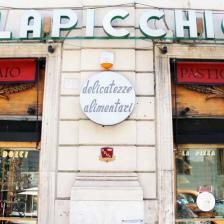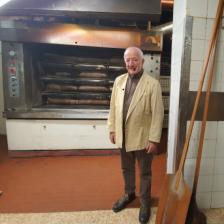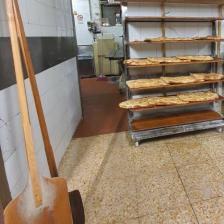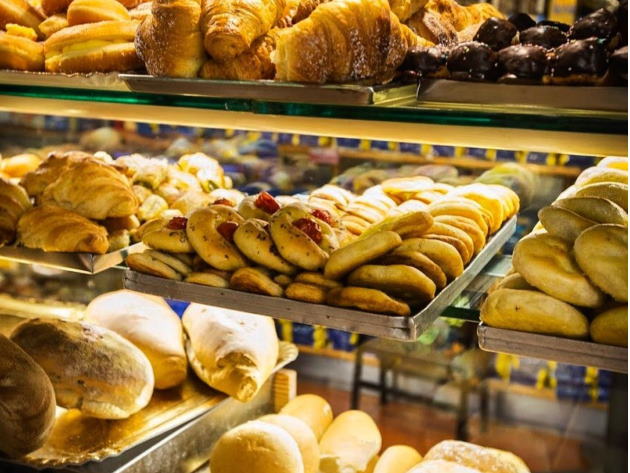
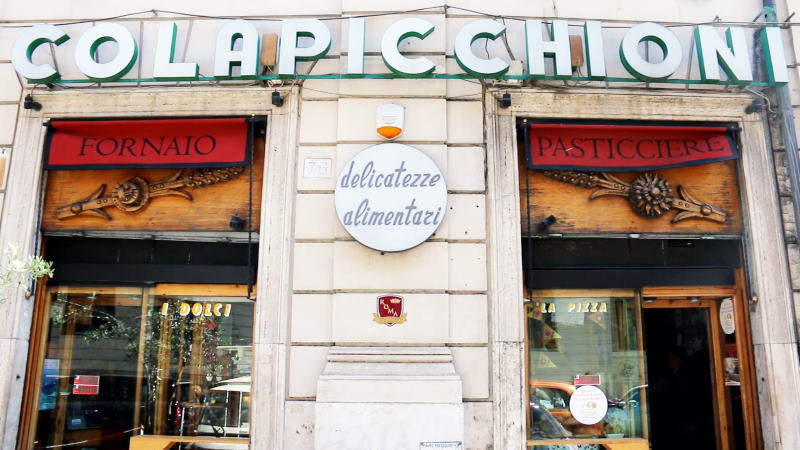
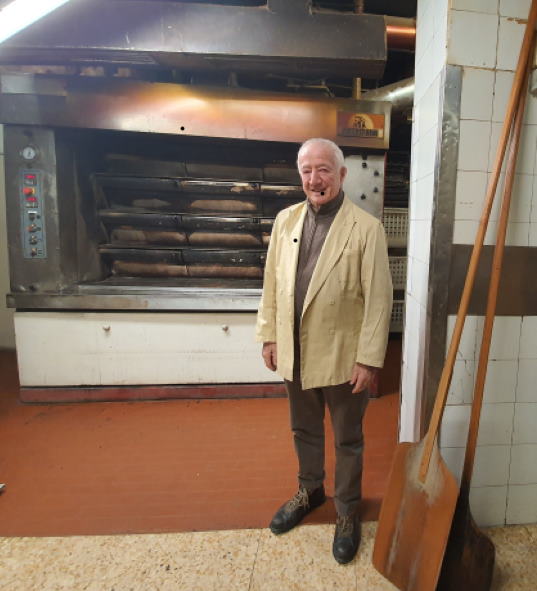
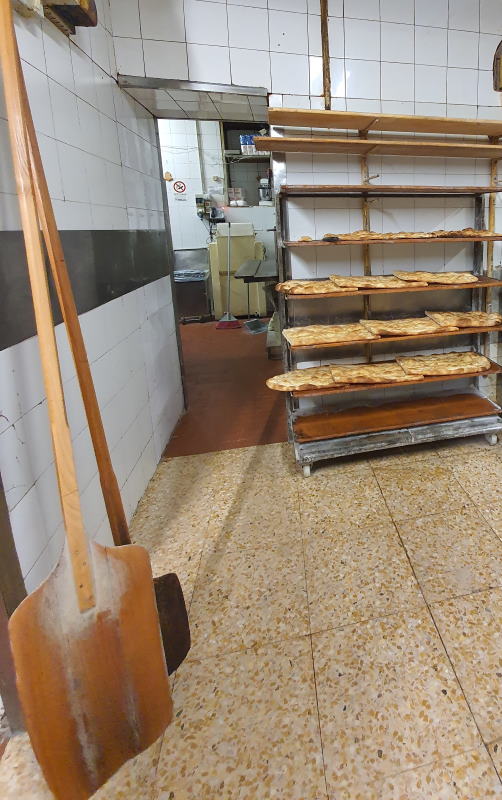
The Irresistible Charm of the Art of Baking
The ancient art of breadmaking was handed down through the skilled hands of Angelo Colapicchioni’s grandmother, Nunziatella, who was an institution in the small Umbrian village of Ruscio, situated between Rieti and Spoleto.
She’d owned a large bakery ever since she was a girl, and all the housewives in the village took her their home-made dough because Nunziatella knew the secret to always obtaining perfectly cooked, fragrant loaves, whatever the weather or season.
In 1934, leaving the Umbrian countryside, but taking her treasure of experience with her, Nunziatella contributed to giving life to the first Colapicchioni oven in Rome, in the Prati district, a few steps from Castel Sant'Angelo. The smell of their freshly-baked bread and cakes wafted through the neighborhood, and the number of loyal customers soon increased, as they were unable resist the Colapicchioni’s delicious artisan flours.
Their son, Marco, and his wife, Antonietta, continued the tradition with dedication, faithfully handing down Nunziatella’s recipes until they reached their heir Angelo Colapicchioni, who for many years now has run the two bakeries in Via Tacito and Via Properzio.
Angelo, a refined connoisseur of artisanal food, thanks to his summer holidays in the Umbrian countryside as a child, rightfully takes pride in his art of baking bread and cakes, offering his customers Lazio’s highest quality food products to be paired with freshly baked bread or pizza: raw oils, Agro Pontino buffalo mozzarella, and sheep ricotta, all to taste with a glass of good DOC Lazio wine.
And to follow? Naturally, there’s a wide selection of sweet temptations to choose from: fresh pastries, all kinds of biscuits, tozzetti, wine donuts. But the most delicious of all is the PangiallOro, a traditional Roman specialty made with flour, eggs, honey, candied fruit, and selected dried fruit, which is also available in a mini version called Mindorino, so you can always have a slice of goodness at hand.
Historische Geschäftsaktivitäten mit exzellenter Qualität in Rom
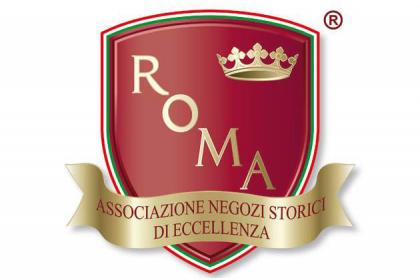
A great wealth of knowledge and experience accumulated in the past
Informationen
For opening and closing times, please contact directly the shop.
 Condividi
Condividi
Location
Um mehr über alle barrierefreien Dienste zu erfahren, besuchen Sie den Abschnitt barrierefreies Rom.













































